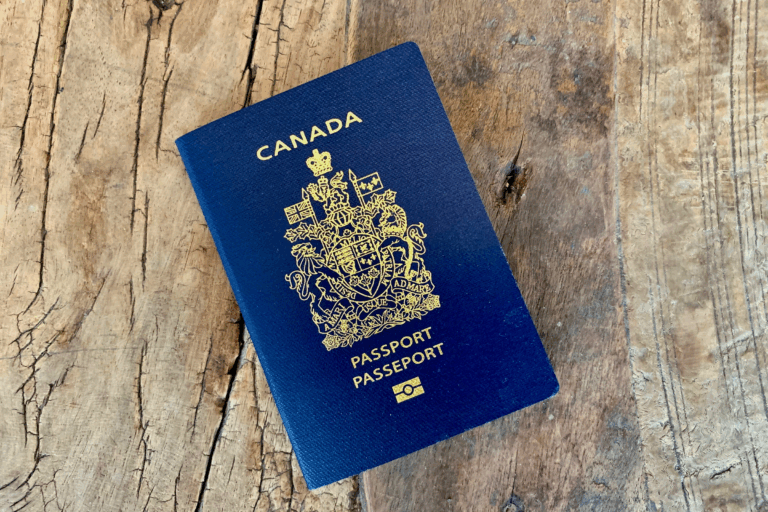
Introduction
The role of a mortician, also known as a funeral director, is critical yet often overlooked in our society. Morticians are responsible for preparing the deceased for burial or cremation, and they also provide emotional support to grieving families. The importance of this profession has been brought to the forefront in recent years, particularly during the COVID-19 pandemic, which highlighted the complexities of death care and the significance of having qualified professionals in charge.
The Responsibilities of a Mortician
Morticians handle a variety of tasks that ensure respectful and dignified treatment of the deceased. These responsibilities include:
- Preparation of the body: This involves embalming, dressing, and cosmetic work to restore the deceased’s appearance and make them presentable for viewings.
- Funeral planning: Morticians assist families in planning memorial services, including selecting caskets, arranging transportation, and coordinating with clergy or celebrants.
- Legal documentation: They manage all necessary paperwork, including death certificates and permits, ensuring compliance with local and provincial laws.
Furthermore, morticians often serve as grief counselors, guiding families through their loss and helping them navigate the emotional aspects of saying goodbye to their loved ones.
Current Events Impacting the Mortician Profession
Recent developments highlight the evolving responsibilities and challenges faced by morticians. For instance, the pandemic led to a significant increase in demand for their services due to the high number of fatalities. A report from the National Funeral Directors Association noted that 2021 saw a 40% rise in demand for funeral services, placing significant strain on funeral homes across the country.
Moreover, the rise of virtual memorial services and online obituaries has transformed how morticians conduct business. Many funeral homes have adapted by offering live-streamed services to accommodate larger audiences while adhering to health guidelines. This shift demonstrates the profession’s adaptability in a fast-changing world.
Conclusion
The mortician’s role remains an essential service in society, providing a necessary human touch in times of bereavement. As the profession continues to evolve in response to societal changes, it is crucial for families to understand the valuable services provided by morticians. With an increasing focus on personalized services and the integration of technology, the future looks promising for morticians, highlighting their unwavering importance in navigating one of life’s most challenging moments. As our society continues to grapple with changing dynamics around death and loss, the mortician’s role will undoubtedly remain significant in guiding us through these experiences.






